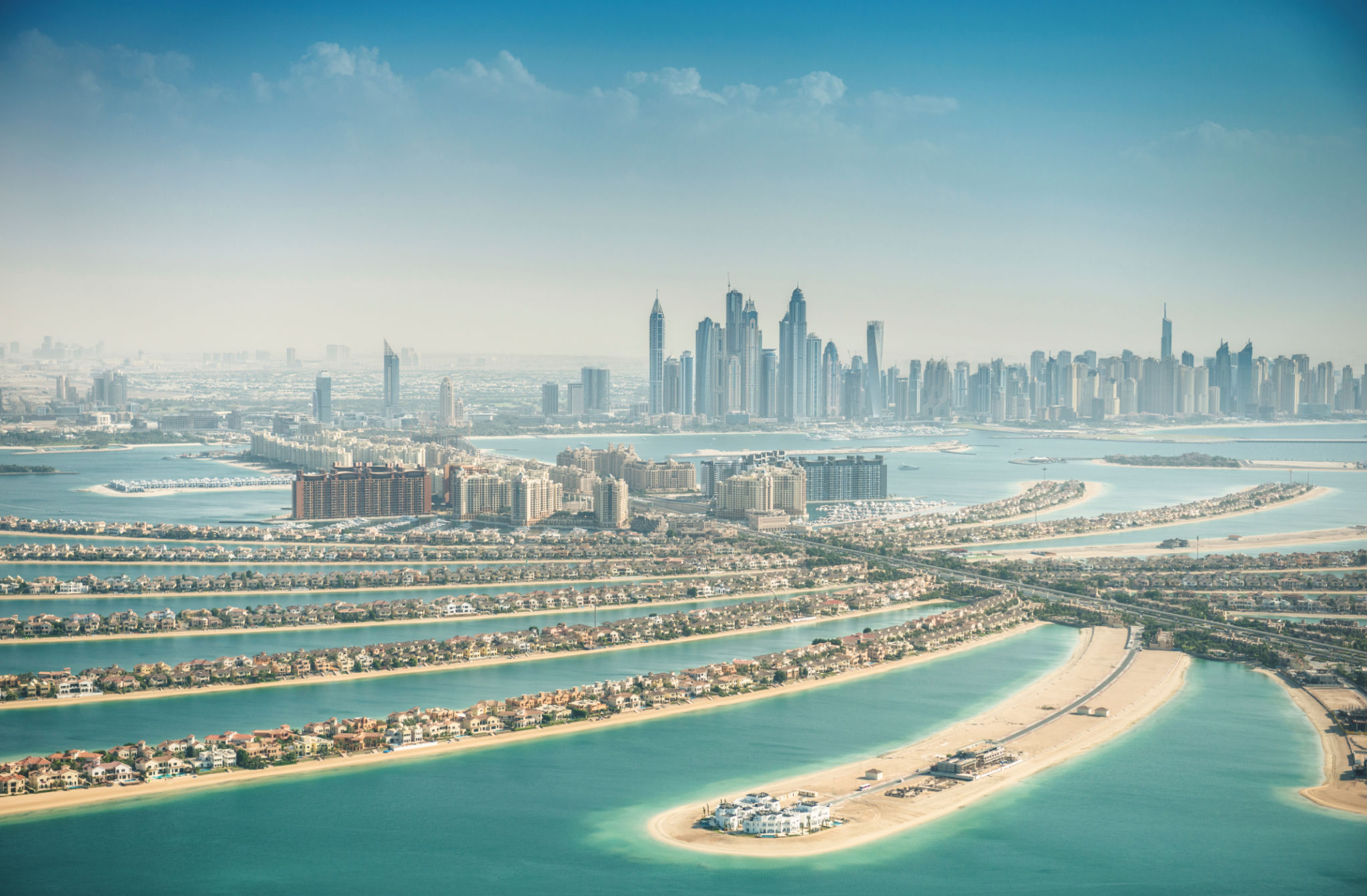Navigating the Dubai Financial Landscape: A Guide for Expats
Understanding Dubai's Financial Environment
Dubai, known for its towering skyscrapers and luxurious lifestyle, is also a major financial hub in the Middle East. For expats moving to or residing in Dubai, understanding the local financial landscape is crucial. The city offers a range of banking options, investment opportunities, and financial services that cater to both individuals and businesses.

Opening a Bank Account
One of the first steps for expats is to open a bank account. Dubai's banks offer a variety of accounts tailored for different needs, including savings, current, and investment accounts. To open an account, you'll typically need your passport, residence visa, and a letter of no objection from your employer. Some banks also require a minimum salary or deposit amount.
It's advisable to compare the services and fees of different banks before making a decision. Many banks offer online banking facilities, which can be a significant advantage for managing finances remotely. Moreover, English is widely used in banks, making the process easier for expats.
Understanding the Cost of Living
Dubai is known for its high cost of living, and it’s essential for expats to budget accordingly. Housing, education, healthcare, and transportation are some of the major expenses to consider. While salaries in Dubai are often tax-free, the cost of living can quickly add up if not managed wisely.

Expats should also be aware of the fluctuating exchange rates if they plan to send money back home. Utilizing favorable exchange rates can make a significant difference in savings. Various financial services in Dubai offer competitive rates and low transfer fees.
Investment Opportunities
Dubai provides numerous investment opportunities, from real estate to the stock market. The real estate market is particularly attractive due to its potential for high returns. However, it’s important to conduct thorough research or consult with a financial advisor before making any investments.
The Dubai Financial Market (DFM) is another avenue for investors. As an expat, you can trade in stocks, bonds, and other securities. Keep in mind that investing in the stock market involves risks, so it’s crucial to stay informed and consider diversified investment strategies.

Managing Taxes
One of the advantages of living in Dubai is the absence of personal income tax. However, there are other taxes and fees that expats should be aware of, such as Value Added Tax (VAT), which applies to most goods and services at a rate of 5%. Understanding these taxes is vital for effective financial planning.
Moreover, expats should be aware of their tax obligations in their home countries. Some countries have agreements with the UAE to avoid double taxation, which can be beneficial for expatriates.
Financial Planning and Advice
Given the unique financial landscape of Dubai, seeking professional financial advice can be beneficial for expats. Financial advisors can help with wealth management, retirement planning, and navigating complex tax situations. Many firms specialize in services tailored specifically for the expatriate community.
In conclusion, while Dubai offers numerous financial benefits and opportunities for expats, navigating its financial landscape requires careful planning and informed decision-making. By understanding the local banking system, cost of living, investment options, and tax responsibilities, expats can make the most of their time in this vibrant city.